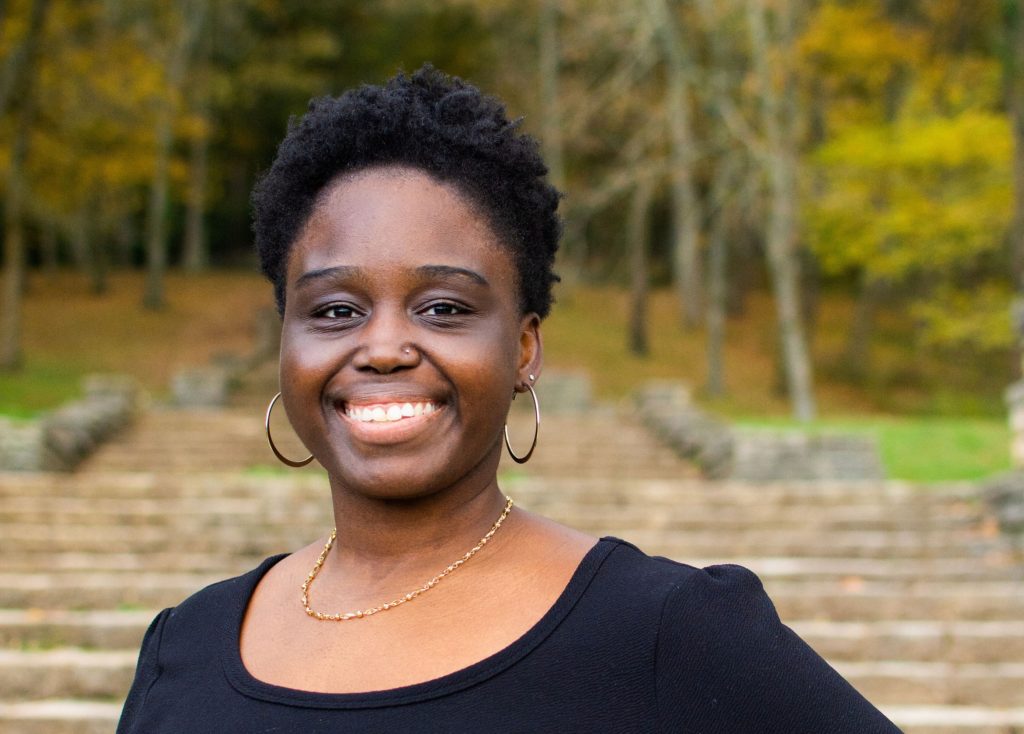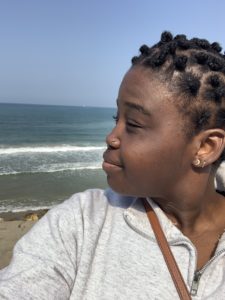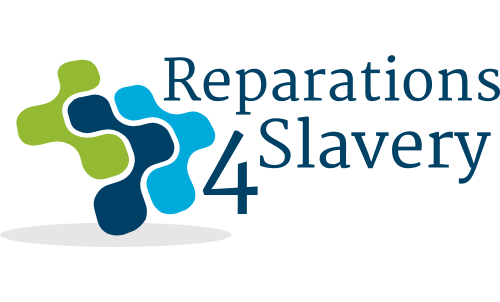At the Intersection of Black History Month, Mental Health and Racial Healing

Black History Month brings up many complex feelings for me: pride, anger, joy – and the solemnity that remains as I appreciate the lives of my ancestors and consider what my own legacy will be.
Since the passing of my grandmother and my “Aunt Reetsie,” a family elder who helped raise both my mother and me, I have thought a lot about legacy: the legacy of my own ancestors, the societal legacy of community ancestors such as Martin Luther King and Rosa Parks, and the emotional toll that’s been exacted upon Black people as they persevered to build lives throughout the course of this country’s history.
I can’t help but reflect about those who had no choice in coming here. No choice but to somehow make the best of what they had, or die trying. No choice but to create some semblance of normalcy, and beating the odds to create family, progeny.
I reflect on the bits of wisdom my ancestors offer me in the night, in my unconscious state. Wisdom that comes from being raised in an intergenerational home, or, as my great-grandmother used to say, from, “smelling old people’s breath.” I celebrate my ancestors’ accomplishments with pride: the elementary school my Aunt Reetsie integrated as its first African American teacher, and the police department my grandfather integrated as its first African American police officer. I do my best to remain humble and to be consistently grateful for what my ancestors went through so that I can be where I am now.
I can’t help but reflect about those who had no choice in coming here. No choice but to somehow make the best of what they had, or die trying.
Often, though, thoughts of my family’s accomplishments are marred by the racist abuse we’ve had to endure over generations; the unsavory treatment my grandfather received from, “neighbors” and his fellow, “brothers in blue;” the knowledge that my mother’s maternal grandparents were sharecroppers – a history I refer to as, “Slavery 2.0”; the knowledge that that the trendy areas of our city, now galleries and stores, exorbitantly priced homes and businesses, were once African American neighborhoods, were once ours; racist comments I, and all Black Americans, continue to endure, day after day.
To reach my own dreams, I have had to develop a strong sense of self. My pursuit of a career in politics and international relations came with a sense of duty, the need to, “carry the torch” for those who came before me. To succeed, I’ve channeled my anger into my work, striving to dismantle deliberately and inherently racist infrastructures. However, I’ve often encountered both mental and emotional obstacles.

Therapy has made a tremendous difference. As a Black woman, I take a risk in affirming this. While white people have embraced models of therapy for generations, mental health is still a taboo topic in Black communities. Historically, it hasn’t been safe to talk about, “our business,” to admit that we struggle; this is especially true with mental illness, and with regard to discussing it with white people. This is doubly true for women: traditionally, we’ve served as the backbones for our extended families. We’ve had to be continuously strong, without time to consider our own health issues. When we have finally come forward with our problems, we’ve been labeled, “crazy” or not taken seriously. At worst, we’ve been subjected to experiments, tortured in the pursuit of, “medical advancement.” Many of us can point to cases like this in our own families. For instance, my mother recalls distant cousins who were committed at Crownsville Hospital, here in Maryland; it’s as if they disappeared into thin air.
Therapy has made a tremendous difference. As a Black woman, I take a risk in affirming this.
Even with the desire to get mental healthcare, Black people face many obstacles. Beyond lack of access due to limited daytime clinic hours or high co-pays, a major issue is the scarcity of Black therapists and the lack of a Black therapy protocol that considers the embedded toll of the history of oppression.
Now, I often proclaim just how life-changing therapy has been for me and can be for other Black people. I have solved the typical access issues by finding a therapist willing to see me via video chats during my lunch break. I am blessed to have a job that provides insurance, and a policy that covers mental health (and telehealth, at that!). Most importantly, I have found a therapist who shares my identity as a Black woman, who understands common cultural references and family patterns, who has a lived experience that matches mine: a shared history. She nods in affirmation as I speak, and my face glows. She helps me to recognize and break free from toxic patterns of behavior based in trauma, that once held my ancestors together, but now stifle relationships.
To be Black in America is to be complex. I carry a mix of features from approximately eight different African countries, each with its own regional subcultures and languages. It is a heritage both organic and creative, a heritage that has supported our very survival. While celebrating that survival during Black History Month brings immense pride, it also takes a great emotional toll, as I reckon with patterns of suffering that not only hold me back but hold American society back as a whole. Patterns that must serve as a stark reminder, that in order to heal the racial divide, America must first heal the pain that has been etched into our collective souls due to the centuries of slavery and lifetimes of institutional racism.
Micro-Reparations
What’s a micro-reparation? It’s the opposite of a micro-aggression: a simple way for white people to show support and advocate for the well-being of African Americans, while we all work to effect long term social change.
Has your family benefitted from a tradition of therapy? Consider partnering with organizations such as these who provide trauma-healing platforms or other therapeutic services specifically designed for African Americans. What innovative programs are available in your local area?
Haven Media – a radical digital platform for Black, Indigenous and brown women to explore trauma and healing
Giving Artist – a 501c3 that supports Haven Media through art sales
The Loveland Foundation – a 501c3 that provides therapy funds for Black women and girls
Black Men Heal– a 501c3 providing mental health support to Black men in the Philadelphia area.
Therapy for Black Girls – know a young woman who needs counseling or mental health resources designed by and for African Americans? Refer her here.
